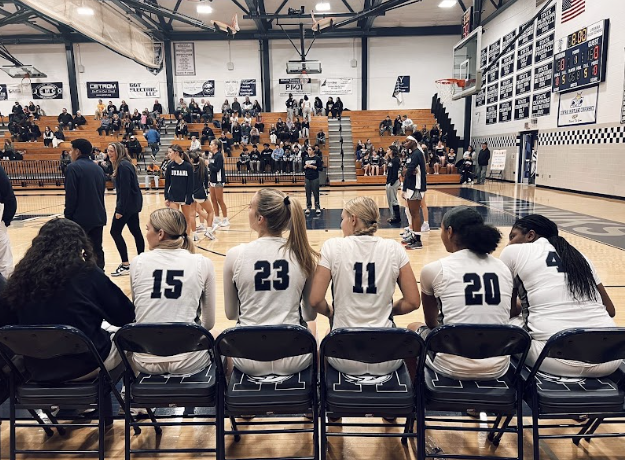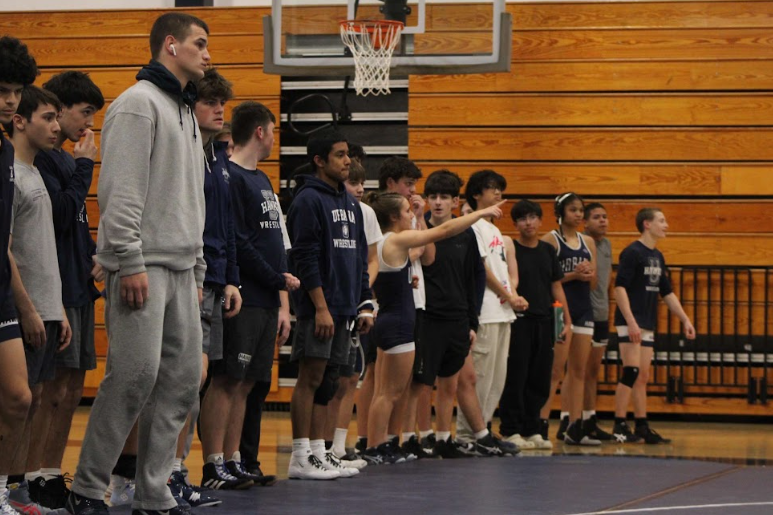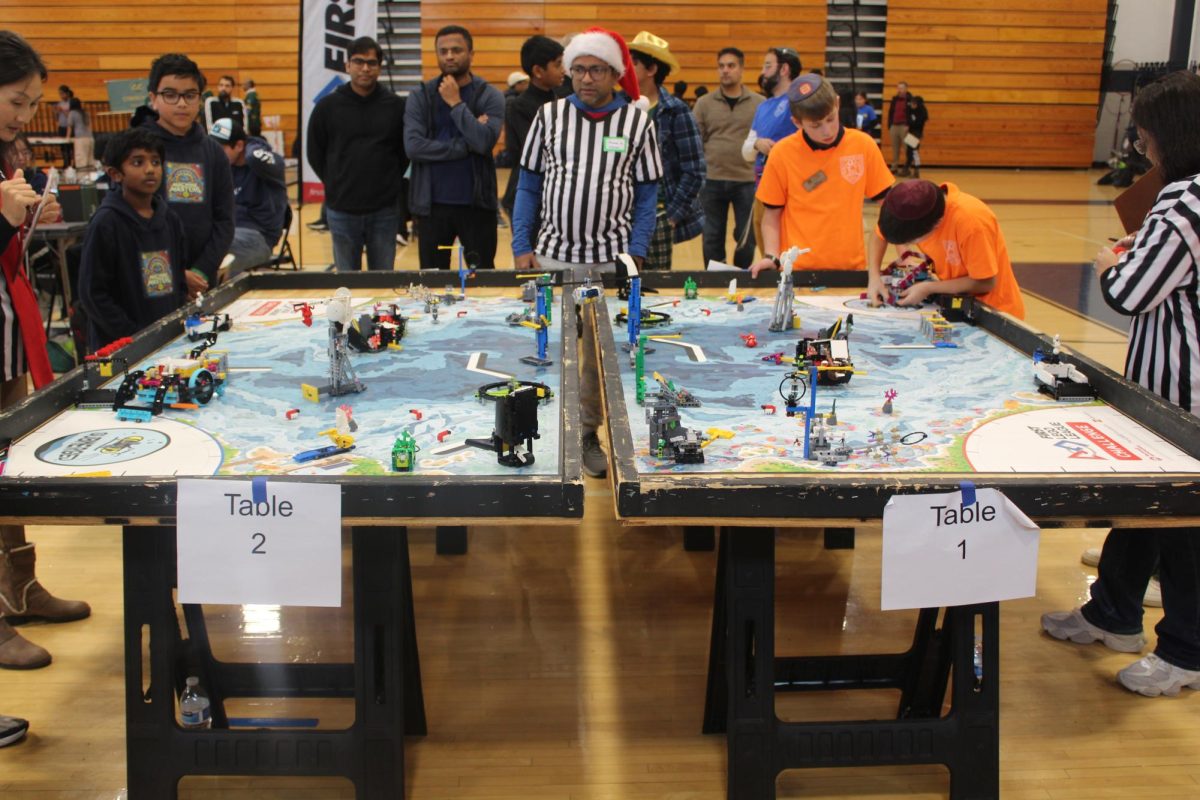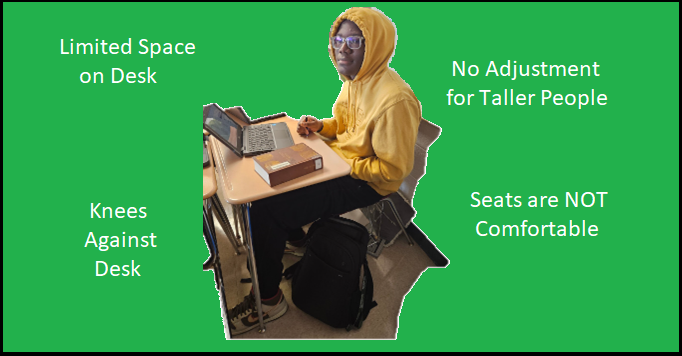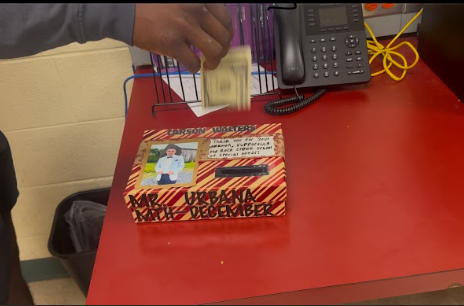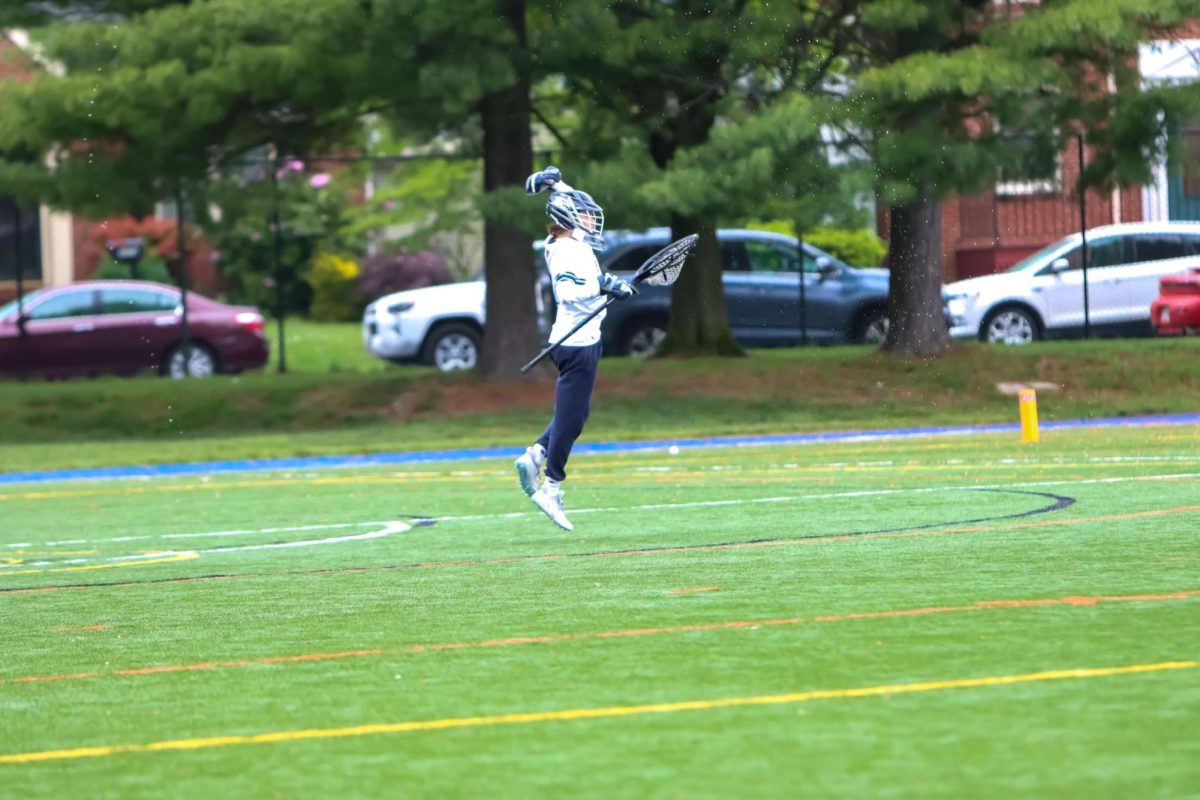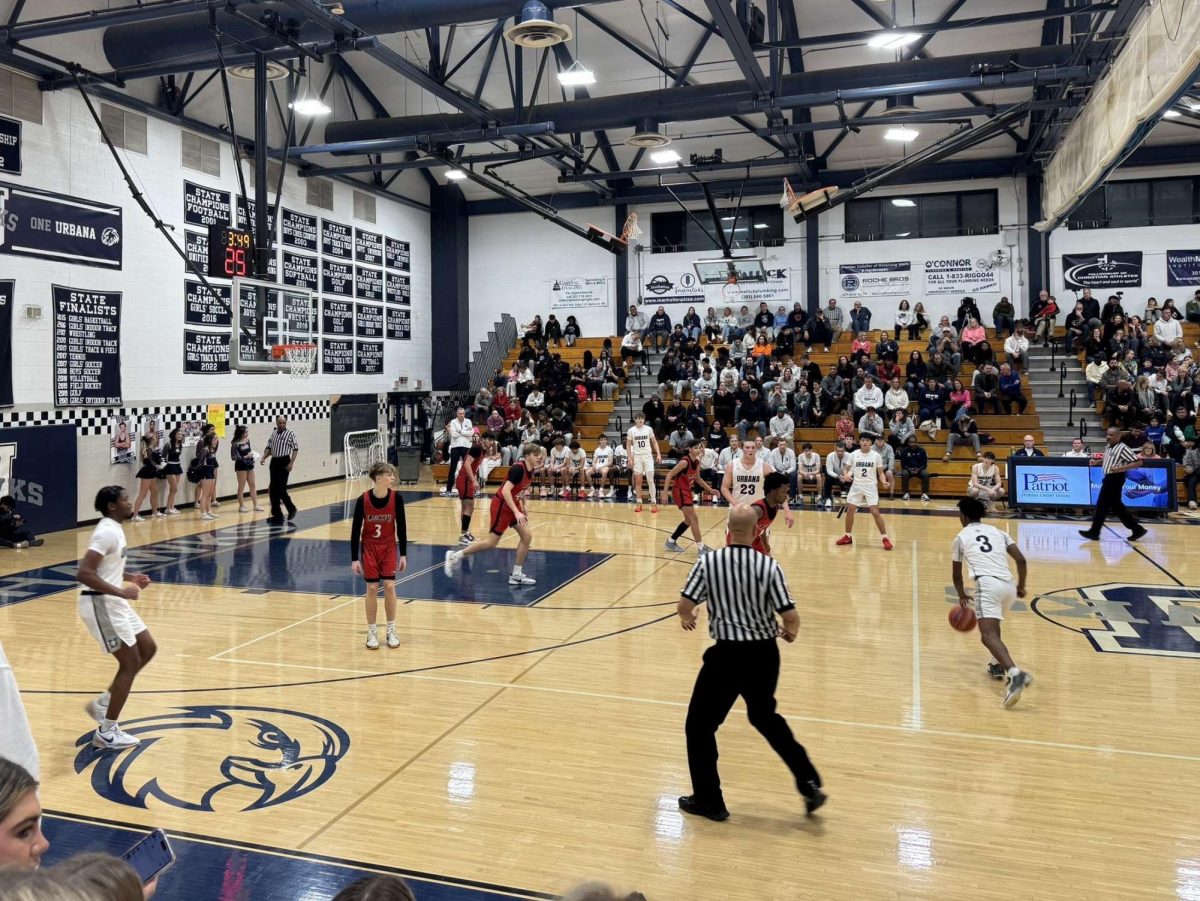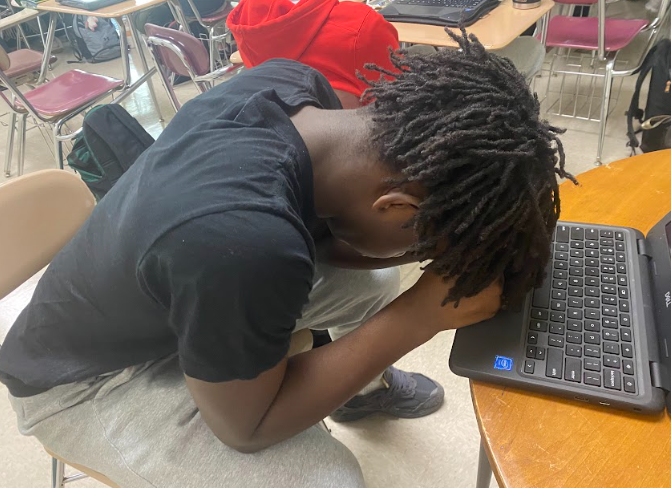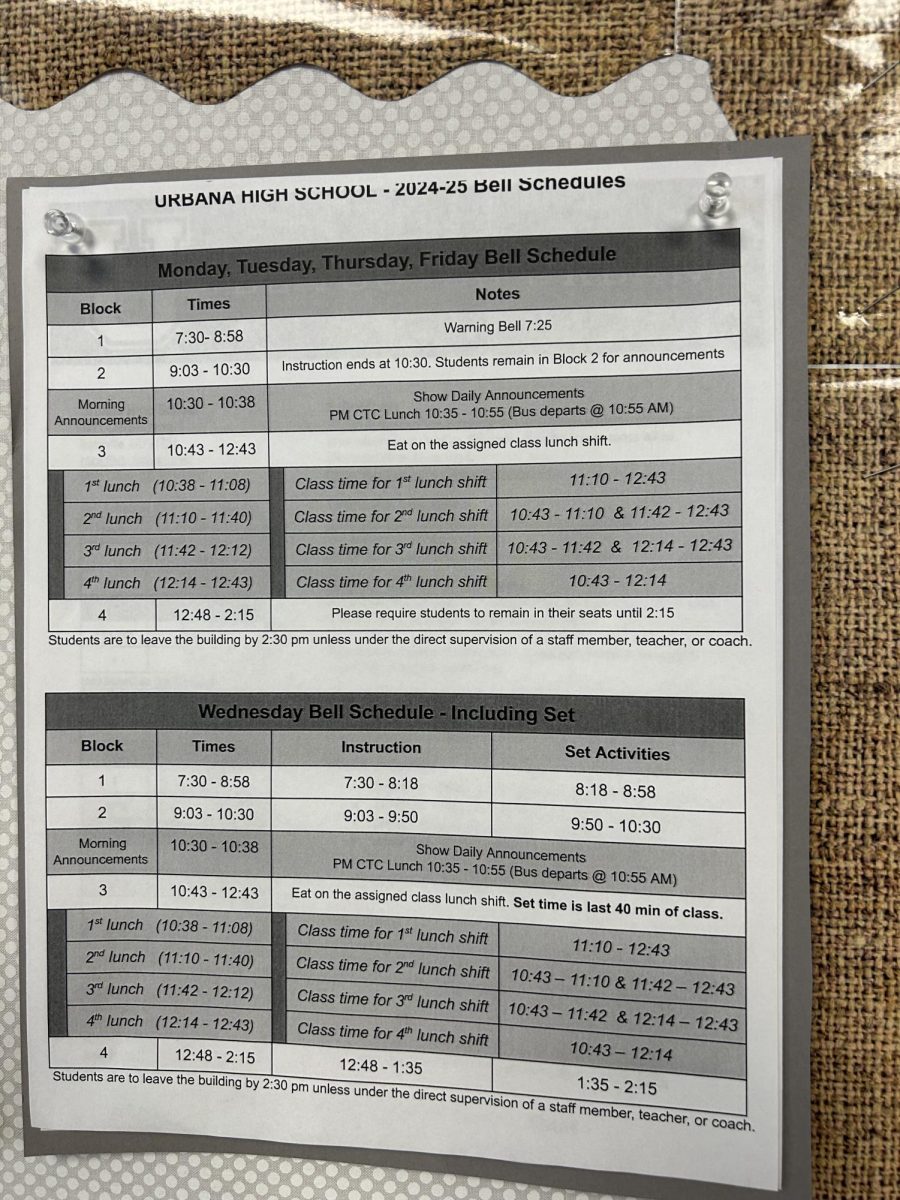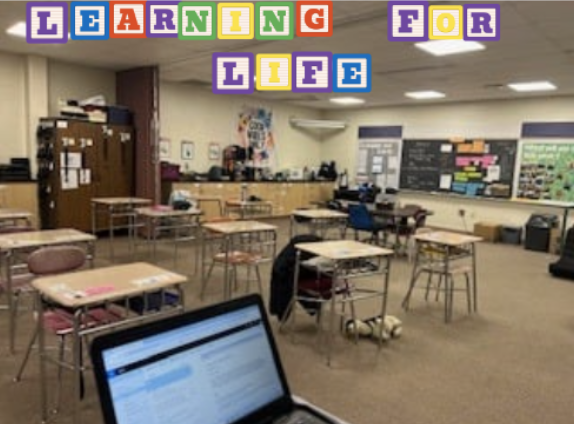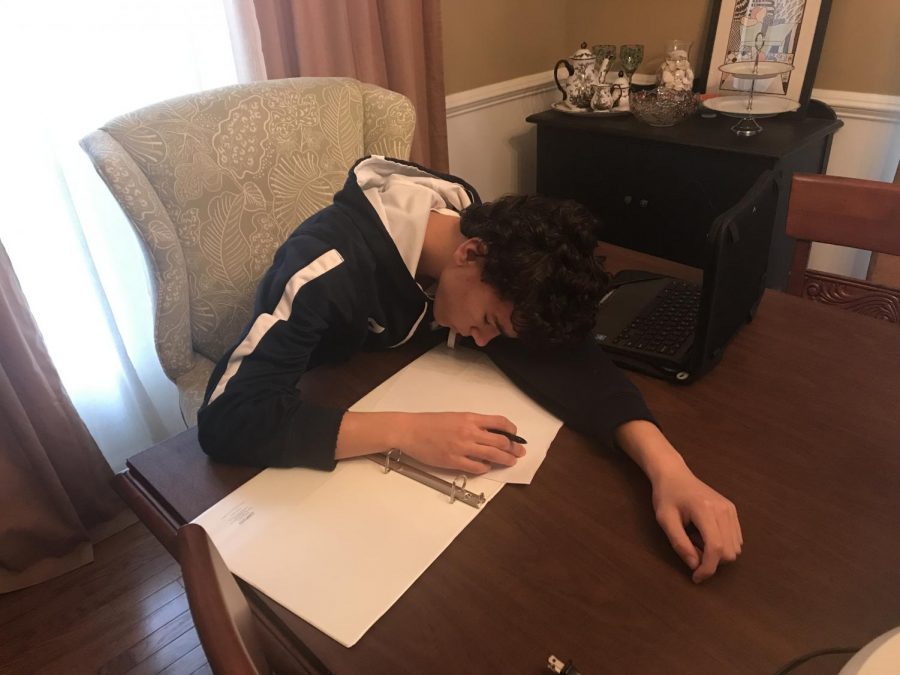Do High Schoolers Have Too Much Homework?
Photo illustration of freshman, Gavin Allanach, sleeping while doing homework.
February 27, 2020
High schoolers always say that they have too much homework, but do they really?
As students go through the public school system, they must do more homework as they graduate to each grade. According to the National Education Association, “students should only be doing about 10 minutes of homework per night per grade level.” That would mean that a ninth grader in high school should have about an hour and forty minutes of homework a night. Are students facing more than that and is it cutting into their sleep schedule?
Students are busy. They lose sleep on the daily. They find themselves exhausted when faced with school so early in the morning. In an Oxford University sleep study, a person’s brain does “not feel fully awake and engaged until between 9am and 10am.” Students are awake hours beforehand, starting work right away, bright and early. According to the National Sleep Foundation, “teens need about 8 to 10 hours of sleep each night to function best” and “15% reported sleeping 8 1/2 hours on school nights.” So why are they losing sleep?
Students are encouraged to get involved with extracurricular activities. Some students choose to get a job. Some students are involved in extracurriculars and have a job. Especially when it comes to searching for colleges, activities outside of schoolwork are vital. Colleges love to see students be involved in things other than school work. All these activities can lead to late hours, meaning students don’t start their homework until the late hours of the night. They find themselves going to bed at 1am instead of 10pm.
Senior Alexa Grech goes to bed around 12-1:30am. “With dance after school, I start my homework at about 10:30pm,” Grech expressed. That’s about three hours of homework and four hours of sleep.
Junior Page Stapleton is heavily involved with the drama department and goes to rehearsal every day after school. “I have about three to five hours’ worth of homework and I find myself going to sleep around 10-11, sometimes later. I never feel well rested,” Stapleton said.
After school activities can take up most of the time to do homework, but the habit of procrastination also factors in. Students can be easily distracted, especially by technology. Senior Jake Chewning recollected that “normally as a junior and below I got like six and a half hours of sleep and had about one hour a night of homework. I felt very lucky. I participated in theatre, but I always had time for it unless I procrastinated.”
The consequences of lack of sleep can limit the ability to learn and concentrate, increase irrational behavior, and increase illness. These symptoms can lead to poor performance in school, resulting in lower grades or test scores. It seems that students are given a great amount of homework a night, cutting into their sleep schedule. However, that doesn’t mean that homework should be completely cut out. Homework is given to challenge the student to process the information they learned in class on their own. It seems that the loss in sleep isn’t completely caused by the amount of homework. It’s rather a combination between outside responsibilities, homework, and leisure. High schoolers need to learn how to manage their time between leisure and school. As time passes, students learn to carry out their responsibilities as they mature as young adults.




